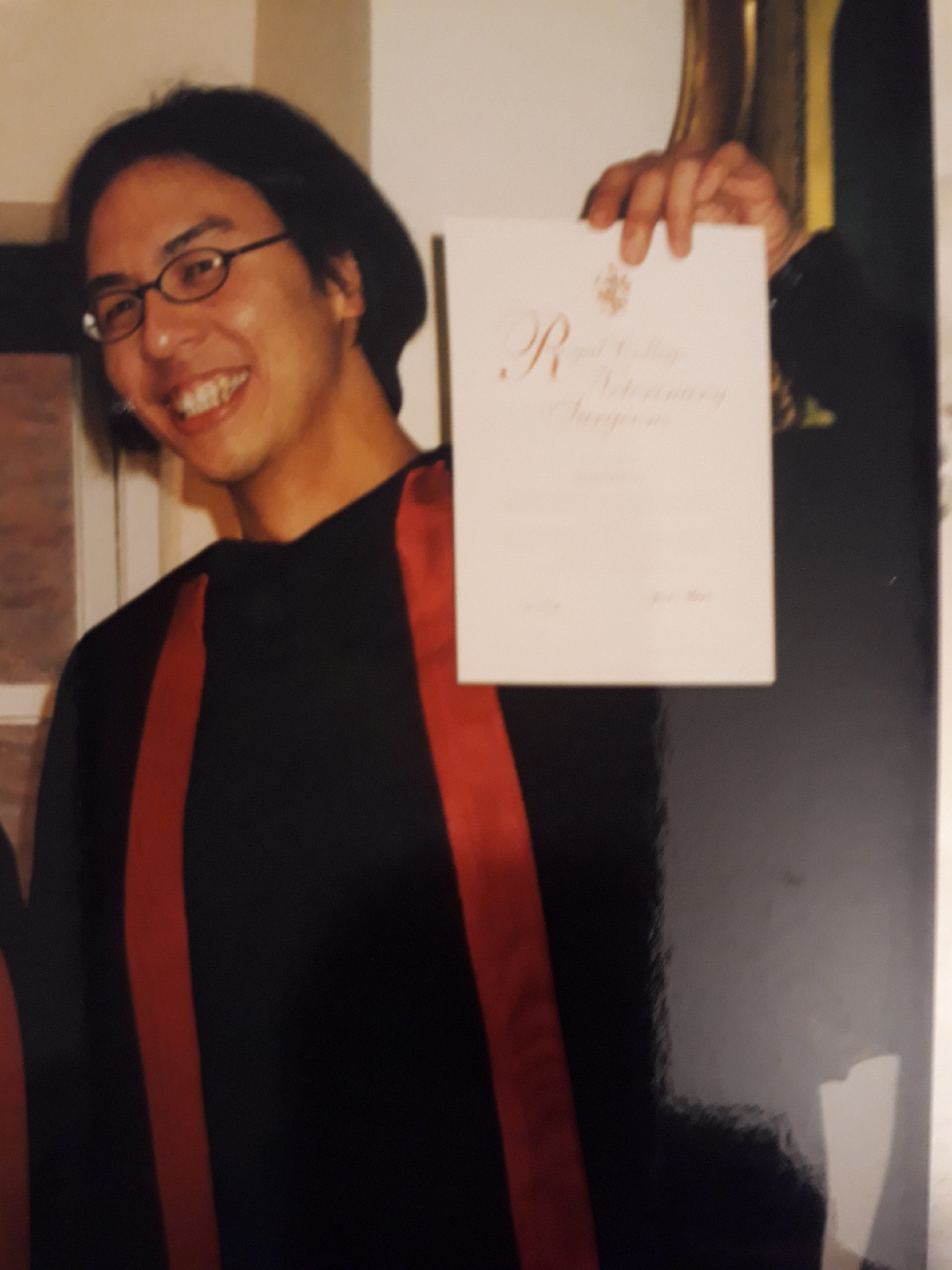
Education vs Learning
6th October 2019Dr Lennon’s Sunday Musings
Last week, I saw a new client with a cat. She asked me something nobody had ever asked me before. She asked, “What qualifications have you got? How do I know you are a real vet? Can I see your qualification?” What an interesting question! After practicing for 15 years as a vet, I have never shown my paper (framed above my desk) qualification to a customer before, much less been asked for it.
At this point, her partner chirped in and said that his osteopath had all his qualifications and extra certificates displayed in the waiting room such that it covered two walls. I asked, “Did he solve your problem?” He replied no. How interesting…
So, are paper qualifications as important as we make them out to be? I understand there are professions such as doctors, vets, lawyers, accountants and other ‘official’ professions that require a qualification to legally practise. It was certainly the thing to do when I was young and living in Singapore. It was the only way you can be assured of a ‘good’ future.
However, there are getting more and more jobs available that does not require a university degree. I am referring to labour jobs but huge companies like Microsoft, Google, Apple and Amazon have been hiring highly skilled workers without university degree. (In fact, more than 50% of Google employees have no degrees) They are hired upon their skills, not paper qualifications.
What’s the difference between a university degree and learning?
When you do education, you pay tuition, plus you pay with a focus on compliance. Traditional education requires that students trade in freedom of choice, coerced by tests and exams. And what do you get? You get an ‘A’ and you get a certificate.
The power of that certificate is extraordinary. Students (and their families) will go a lifetime in debt to get that paper. They’ll make choices about time and focus and geography for that paper, ignoring what’s ostensibly possible in exchange for the certainty of acquiring it.
Learning, on the other hand, is self-directed. Learning isn’t about changing our grade, it’s about changing the way we see the world. Learning is voluntary. Learning is always available, and it compounds, because once we’ve acquired it, we can use it again and again.
Most adults in the UK read no more than a book a year. That’s because books aren’t assigned after you’ve got your paperwork done.
We’re surrounded by chances to learn, and yet, unless it’s sugar-coated or sold in the guise of earning a scarce credential, most of us would rather click on another link and swipe on another video instead.
The exception: People who have chosen to be high performers. Doctors, athletes, programmers and leaders who choose to make a ruckus understand that continuous learning is at the heart of what they’ll need to do.
“Will this be on the test?” is a question we learn from a young age. If you need to ask that before you encounter useful ideas, you’ve been trapped. It’s never been easier to level up, but the paper isn’t as important as we’ve been led to believe.
You can never know so much that there is nothing else to learn. You can never know too little that there is nothing for you to teach.
Back to Blog
Share This